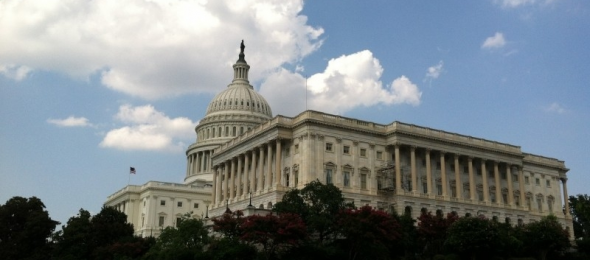Last week, the United States House of Representatives voted 233 to 186 in favor of modifying the Dodd-Frank Wall Street Reform and Consumer Protection Act. The proposed “Financial Choice Act” would roll back many of the financial reform regulations that were implemented in 2010 in response to the Great Recession. In addition, Section 737 of H.R. 10, titled “Repeal of Authority to Restrict Arbitration,” would repeal Section 1028 of the Consumer Financial Protection Act of 2010. Section 1028 states:
Authority to restrict mandatory pre-dispute arbitration
(a) Study and report
The Bureau shall conduct a study of, and shall provide a report to Congress concerning, the use of agreements providing for arbitration of any future dispute between covered persons and consumers in connection with the offering or providing of consumer financial products or services.
(b) Further authority
The Bureau, by regulation, may prohibit or impose conditions or limitations on the use of an agreement between a covered person and a consumer for a consumer financial product or service providing for arbitration of any future dispute between the parties, if the Bureau finds that such a prohibition or imposition of conditions or limitations is in the public interest and for the protection of consumers. The findings in such rule shall be consistent with the study conducted under subsection (a).
(c) Limitation
The authority described in subsection (b) may not be construed to prohibit or restrict a consumer from entering into a voluntary arbitration agreement with a covered person after a dispute has arisen.
(d) Effective date
Notwithstanding any other provision of law, any regulation prescribed by the Bureau under subsection (b) shall apply, consistent with the terms of the regulation, to any agreement between a consumer and a covered person entered into after the end of the 180-day period beginning on the effective date of the regulation, as established by the Bureau.
( Pub. L. 111–203, title X, §1028, July 21, 2010, 124 Stat. 2003 .)
The “Financial Choice Act” is currently being considered by the Senate Committee on Banking, Housing, and Urban Affairs. The proposed measure has not yet reached a vote by the U.S. Senate.
Please stay tuned to Disputing for future developments related to the proposed “Financial Choice Act.”
Photo credit: Foter.com














